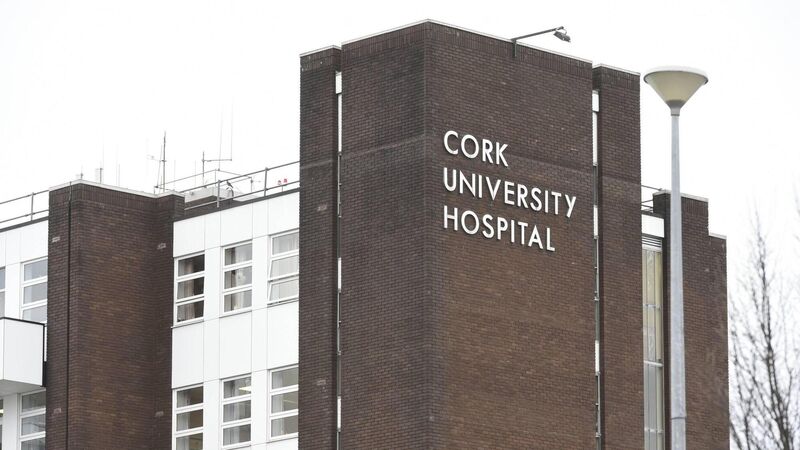CUH patient who died by suicide did not have access to medication for two days, inquest hears

The inquest heard Oliver McCarthy, a patient in the psychiatric ward at CUH, expressed frustration about his medication just 10 minutes before his death on December 14, 2022. Picture: Larry Cummins
A Cork University Hospital patient who died by suicide did not have access to a prescribed antidepressant for the two days leading up to his death due to “sourcing issues”, an inquest has heard.
The inquest heard Oliver McCarthy, a 47-year-old father of two from Kinsale in Cork, expressed frustration about his medication just 10 minutes before his death on December 14, 2022.
















